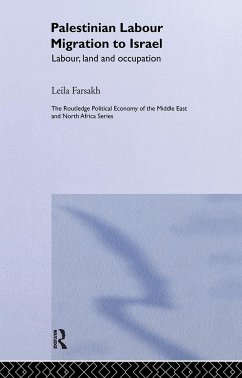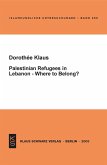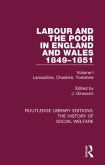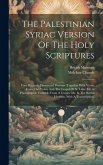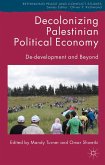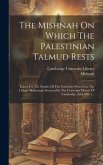Leila Farsakh provides the first comprehensive analysis of the rise and fall of Palestinian labour flows to Israel. Highlighting the interdependence between Israel's confiscation of Palestinian land and the use of Palestinian labour, she shows how migration has been the result of evolving dynamics of Israeli occupation and the reality of Palestinian labour force growth. This study analyzes the pattern of Palestinian labour supply, the role of Israel's territorial and economic policies in the Occupied Territories in releasing Palestinian labour from the land, and the nature of Israeli demand for Palestinian workers, especially in the construction sector where the majority of commuting labourers are concentrated. New light is shed on the growth of illegal Israeli settlements in the West Bank and Gaza Strip, which are being built by Palestinian workers. Palestinian Labour Migration to Israel is original in its analysis of the contrasting forces of separation and the integration between Israel and the Palestinian territories, showing that the changing patterns in labour flows reflect a process of redefinition of the 1967 borders. It will be of valuable interest to economists and development specialists as well as to scholars, policy makers and all those concerned with the Palestinian-Israeli conflict.
Hinweis: Dieser Artikel kann nur an eine deutsche Lieferadresse ausgeliefert werden.
Hinweis: Dieser Artikel kann nur an eine deutsche Lieferadresse ausgeliefert werden.

